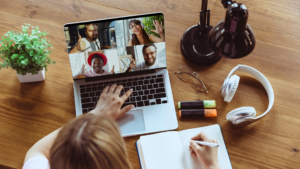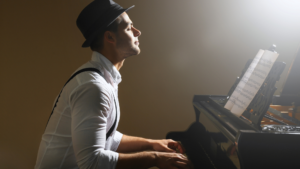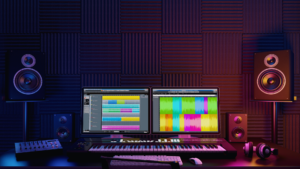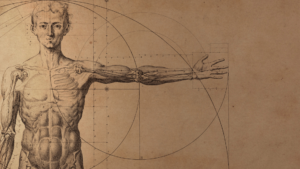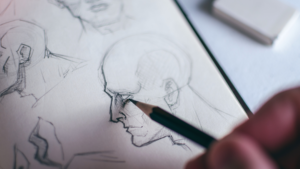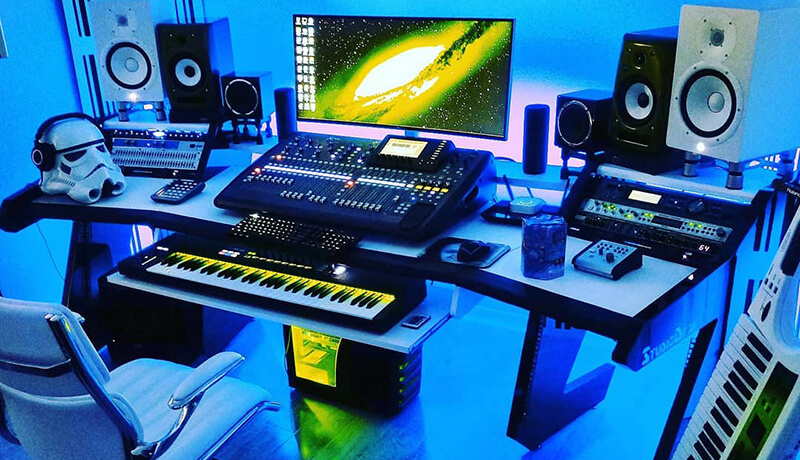
Recording your songs at home is a great way to save money without giving up the fun that comes with making music. It’s also a great way to hone your skills and get the hang of recording with the right equipment.
When you’re a DIY musician, you need a lot of different gear to make your dreams come true. Here are some excellent gear recommendations for your recording studio.
Recording your own music can be a fun and rewarding experience, but it can also be expensive, especially if you are not very technical. For many people, recording your music is a great way to learn the ins and outs of producing and mixing your own tracks. However, you will need a setup accordingly. For instance, you will need a microphone, headphones, and a soundproof recording room along with basic office furniture to set up recording equipment and a sound mixing station.
In this post, I will provide you with a few of my favorite recording tips and tricks and share some of the gear and software I use.
Here are some tips when you are recording at home:
- A good recording environment – The type of recording environment you have can affect the quality of audio and vocal work. If you have a designated space for recording, consider soundproofing the walls and floors of the room, and reach out to those agencies that offer the necessary materials. And if you’re not sure how you can install them, consult a local handyman in Playa Vista, CA and see if they can help you out, should that be where you’re based. Remember, an ideal recording environment is one that has close proximity to a noise-free area that is free from vibrations from surrounding traffic and machinery.
- Experiment with where you place your microphone – When it comes to the production of voiceover, sometimes the microphone you use doesn’t matter as much as where you place it. If you are using a microphone on your computer, try to put it close to your mouth. If you are using a standalone microphone, try placing it on top of your head or on one side of your mouth. You can even place it in a glass of water if you need to conceal its sound.
- Some voice actors will get the best possible recording by experimenting with where they place their microphones.
- Master the art of mixing your sound – The best way to start mixing is to learn the function of the basic controls. With these, you can figure out how to create a more dynamic sound. Some of the basic controls that you need to understand are volume, panning, and equalization. These three controls are essential when creating a music mix that is dynamic and pleasant for listeners.
- Find the right gear to make your sound perfect – Having the right gear is essential to recording a quality song. Even getting speakers with a good audio output, like Vizio Sound Bar (https://www.vizio.com/en/sound-bar/elevate) or similar ones for example, to listen to your recordings can go a long way in helping you improve your music. If you are working on a budget, it is easy to go with a cheaper option. But if you are going for the best sound quality, you need to spend more money on better quality equipment.
Here are other things to take note of:
- What microphones to buy? A recording is an art unto itself, and you should always be ready for anything that comes your way. It is also important to note that not all microphones are equal (especially after some wear and tear), so it is best to put your money where your mouth is and buy the best one you can find.
- What DAW software to use? If you don’t have appropriate DAW software, you can’t even get your studio setup going. You need to be aware of the time and money you invest in recording at home. You can get a decent recording kit from a good electronics shop for relatively little money.
- What headphones and speakers to buy? There are numerous types of headphones and speakers out there, each one made to cater to different types of music. There are those made to help you hear what is happening around the studio, those made to cut out background distractions from other people in the room, and those that are made for long sessions of listening.
Recommendation:
If you are a DIY musician, you probably already have a recording studio at home, but if you are not, you will need some recording equipment to help you get started. In that scenario, you may want to take the help of professional advice and knowledge on the basics of the equipment you should be getting for your studio or music recording set-up. Looking for Music Websites that can provide you with that sort of information might be helpful.
It’s important to keep your music sounding great all the way through your recording sessions. The process of recording isn’t as simple as just hitting the record button and letting your creativity take you where it will. A lot of attention to detail goes into literally every aspect of the recording process. Recording your music at home can be a very isolating experience, and a lot of time and money goes into your home studio setup.

